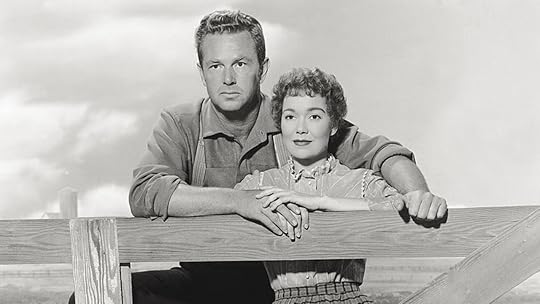What do you think?
Rate this book


376 pages, Paperback
First published January 1, 1924
 Sobig is a spoiled kid sort of like the protagonist in The Magnificent Ambersons by Tarkington, but far more enjoyable as a character. His adventures in rural (soon to be suburban Chicago) Illinois with his fascinating and exuberant mother were delightful to read if peppered with some period racism (Japs, darkies). This won the Pulitzer in 1925 and looking into it, other than the posthumous publishing of Billy Budd by Melville, it was not a banner year for American literature with no output from heavyweights Dos Passos, Fitzgerald, Lewis, or Hemingway. While it is a fun book full of a mother's love and the foibles of youth, it is not necessarily an epic book. I think its interest lies in the complicity of the two protagonists and in the evolution of the countryside near Chicago as the industrial economy overran and demolished the small farmers. I find the theme of a dying rural America is quite common in this early Pulitzers probably cumulating in the epic The Grapes of Wrath, winner in 1940.
Sobig is a spoiled kid sort of like the protagonist in The Magnificent Ambersons by Tarkington, but far more enjoyable as a character. His adventures in rural (soon to be suburban Chicago) Illinois with his fascinating and exuberant mother were delightful to read if peppered with some period racism (Japs, darkies). This won the Pulitzer in 1925 and looking into it, other than the posthumous publishing of Billy Budd by Melville, it was not a banner year for American literature with no output from heavyweights Dos Passos, Fitzgerald, Lewis, or Hemingway. While it is a fun book full of a mother's love and the foibles of youth, it is not necessarily an epic book. I think its interest lies in the complicity of the two protagonists and in the evolution of the countryside near Chicago as the industrial economy overran and demolished the small farmers. I find the theme of a dying rural America is quite common in this early Pulitzers probably cumulating in the epic The Grapes of Wrath, winner in 1940.